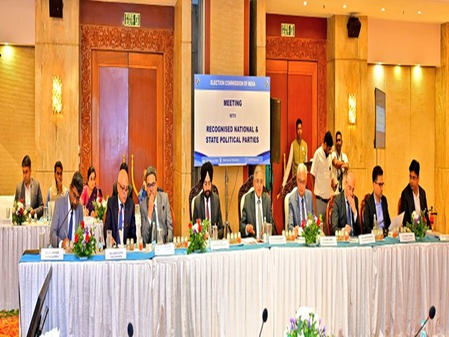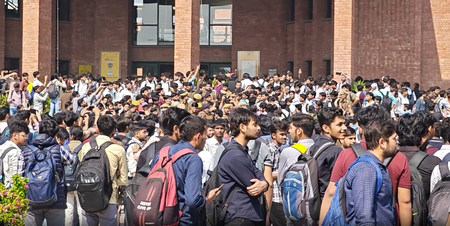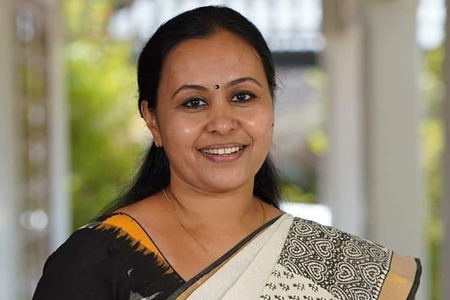
Lucknow: As board examinations commence across Uttar Pradesh, UP-112 has deployed its Public Response Vehicles (PRVs) to promptly address complaints of noise pollution near examination centres.
With a surge in noise-related grievances, particularly in urban centres, UP-112 has intensified its efforts to ensure minimal disruption to students’ studies during this crucial period, said officials.
Statistics reveal a significant increase in complaints, with 3,585 received in February alone compared to 1,415 in January. Notably, Lucknow emerged as the city with the highest number of noise pollution complaints, totaling 739 in the span of 75 days, followed closely by Gautam Buddha Nagar, Ghaziabad, Kanpur, and Varanasi.
While urban areas grapple with noise pollution, smaller towns have maintained relative tranquility, with significantly fewer complaints reported. For instance, Shravasti recorded only three complaints over the same 75-day period, highlighting the disparity in noise levels between urban and rural areas.
Speaking on the initiative, UP additional director general of police, UP 112, Neera Rawat, mentioned that now, if students feel irritated and disturbed due to loudspeakers or DJs playing at excessive volumes, they can simply dial UP 112. Rawat added that once a call is made, the call-taker will inquire about the issue and immediately dispatch the PRV to the area.
“As per the standard operating procedure, the PRV will visit the spot, and the officers will explain that the noise emitted is causing harm to students in the vicinity. Personnel deployed with PRVs have been given full authority, as per the laws, to initiate legal action against those who use loudspeakers beyond permissible limits,” she added.
ADG Rawat further said that a feedback facility regarding the service provided to the students via UP 112 has been introduced, including a component for suggestions. These proactive measures by UP-112 respond to a noticeable increase in noise pollution complaints leading up to the examination season. In December, 1,558 complaints were lodged within 15 days, followed by 1,415 complaints in January, signaling a growing concern over noise disturbances, particularly during critical academic periods.




